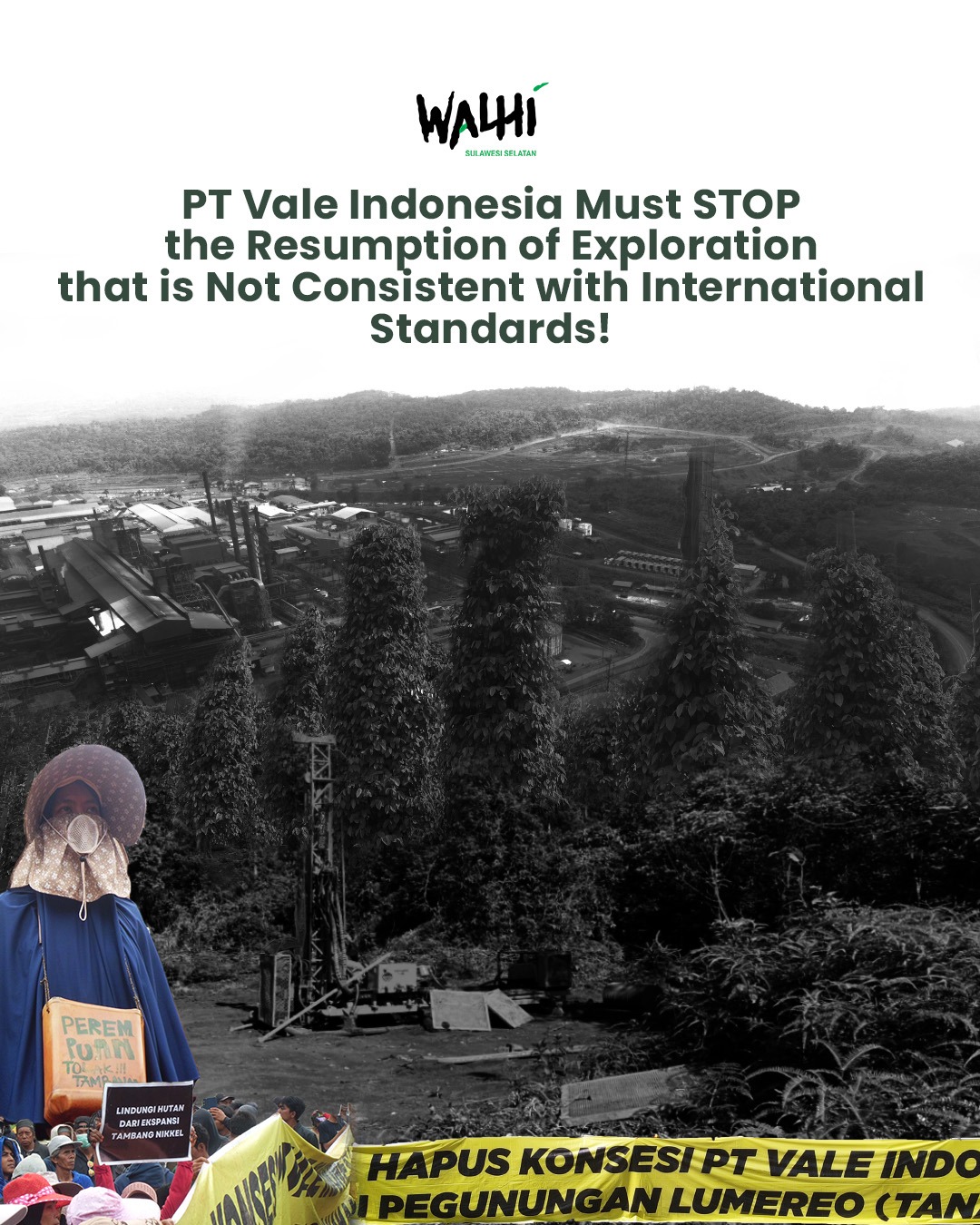International Symposium on the threats of Deep Sea Mining to Japan’s Oceans

Deep Sea Mining (DSM) has been considered by over 900 marine science and policy experts from over 70 countries to be an additional stressor to the marine environment which will “result in the loss of biodiversity and ecosystem functioning that would be irreversible on multi-generational timescales”. They therefore strongly recommend that the process should be halted for the time being.
The world’s largest environmental conservation network, the IUCN which includes government institutions such as Japan’s Ministry of Environmental agreed on a resolution that calls for a pause on DSM. The IUCN resolution makes it clear that under the current status, robust scientific information is lacking to make informed decisions on whether or not to authorize DSM without causing significant damage to the marine environment.
In other words, it is now common wisdom that DSM is a technology that should move forward yet.
Despite this situation, major DSM projects are planned to move forward in Japanese waters with scales comparable to commercial scale in 2025. If this moves forward it could be the largest scale of mining allowed in the history of humanity without robust environmental impact assessment or regulations put in place.
Can we allow this to happen?
The plan is not fully disclosed, but what do we know about it? Why does the global community understand DSM to be a threat? And is it even worth the investment?
We will hear from environmental experts with experience participating in international debates on DSM and from an activist representing the voices of the Pacific who are said to be most impacted by DSM.
| Date | November 19th, 2024 18:30-20:30 JST (GMT+9) |
| Venue | Attendance is allowed for free either through Zoom or in-person at Rengo-Kaikan conference hall 203 in Ochanomizu, Tokyo (https://rengokaikan.jp/access/index.html) |
| Language | English and Japanese (simultaneous interpretation will be made available) |
| Registration | https://pro.form-mailer.jp/fms/dfd2c310102067 (registration page is in Japanese but google translate will work quite well. Only fill in the necessary boxes to register) |
| Inquiries Contact | For inquiries contact Shigeru Tanaka at the Pacific Asia Resource Center (PARC) at office@parc-jp.org or +81-3-5209-3455 |
| Participation Fee | Free |
| Co-host | Fair Finance Guide Japan, Friends of the Earth Japan, and Pacific Asia Resource Center |
Speakers:
Deep Sea Mining 101: What is it? And what is being planned in Japan
Shigeru Tanaka
International Trends in DSM through the lens of international law and “business opportunities”
Bobbi-Jo Dobush
A call from the voices of the Pacific to Stop DSM
Joey Tau
Speaker Profiles:
Bobbi-Jo Dobush (Independent Ocean Policy Expert):
Bobbi-Jo Dobush is an attorney and ocean advocate with broad conservation law and policy experience. Her work is informed by a decade as a corporate lawyer advising on sustainability issues and carbon markets and bringing together scientists, lawyers, and industry. Ms. Dobush is a deep seabed mining expert focused on finance, liability, and cultural concerns who has led a delegation to the International Seabed Authority and advised civil society, government, and philanthropies on DSM. She is committed to protecting the deep ocean’s integrity by preventing the greenwashing of the blue economy.
Joey Tau (PANG) :
Joey Tau is a Papua New Guinean who works as a Campaigner for the Pacific Network on Globalisation (PANG). PANG is a Pacific island based, regional watchdog promoting Pacific peoples’ right to self-determination. PANG mobilizes movements and advocates based on substantive research and analysis to promote a Pacific peoples’ development agenda. He has repeatedly participated in the global discussions surrounding DSM at the ISA general assembly in Kingston Jamaica to represent the voices of the Pacific.
Shigeru Tanaka (Pacific Asia Resource Center):
Shigeru Tanaka is Executive Director at Pacific Asia Resource Center (PARC) a people’s thinktank based in Tokyo established in 1973. He has experience conducting research on the impacts of mining on human rights and environment in the Philippines, Indonesia, Ecuador, Brazil and Democratic Republic of Congo and advocated for a stronger due diligence regime throughout the Japanese electronics supply chain.
Reference Materials:
–Factsheet of DSM Trends created by PARC
-Blue Peril, a documentary on the impacts of DSM
